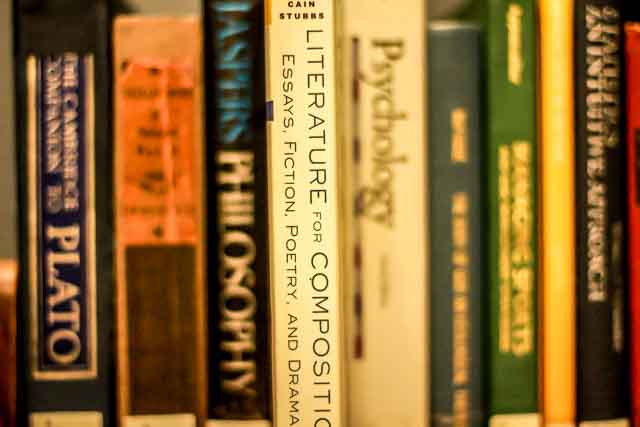
Faculty Scholarship
Bridging the Gap from the Performance-Based Classroom to Teaching Shakespeare at the Performance
Document Type
Article
Publication Title
College English Association Forum
Volume
49
Issue
2
First Page
98
116
Publication Date
Fall 2023
Abstract
The benefits of performance-based classroom approaches to teaching Shakespeare have been well-documented in pedagogical scholarship. This paper is an effort to push beyond the performance-based classroom and begin to incorporate ideas from the field of performance studies into a new pedagogical approach that capitalizes on my institution’s proximity to a resident ensemble Shakespeare theatre, the Cincinnati Shakespeare Company (CSC). I propose what I hope is a strong approach to teaching Shakespeare at the performance. Ultimately, this paper is about bridging the gap between performance-based in-class activities and in-person attendance at live performance, connecting these two experiences into a pedagogically cohesive and effective approach.
In this essay, I will outline a carefully scaffolded course design that prepares students to engage critically with Shakespeare at the performance, using both a series of preparatory readings and exercises, and a multiple post-performance engagement opportunities. The preparation includes performance-based classroom exercises; readings focused on theatrical reviews of early modern plays in performance; using performance to discuss and resolve textual cruxes; reading some introductory material about performance studies theory; and discussing the physical space of the theatre, with a particular focus on the local history and impact of CSC’s newly constructed theatre. Students will attend two live performances at CSC and a staged reading by the on-campus theatre department. After each of these events, they will complete post-performance assignments to help them engage critically with the experience of live theatre. They will write reflections that address the physical space of the theatre and the experience of being an audience member, analysis essays focused on specific moments in the performance that provide rich textual interpretation, and collaboratively-authored reviews of the performance. We will discuss in class the nuanced distinctions between attending live theatre and viewing filmed productions, and the different formats live theatre can take, from staged readings, to Shakespeare in the park, to full-scale theatrical productions. This aspirational course design will provide a test case for a pedagogical approach that combines performance-based classroom techniques with more advanced performance studies concepts and capitalizes upon access to live theatre. Through this kind of classroom approach and engagement, students will learn that theatre is a collaborative experience, and that audiences shape performance. They will gain an appreciation of the power of local theatre to make classical texts live anew and in locally meaningful ways. And they will learn a wide variety of new approaches to texts they may have previously struggled with interpreting.
Recommended Citation
O'Leary, Niamh J., "Bridging the Gap from the Performance-Based Classroom to Teaching Shakespeare at the Performance" (2023). Faculty Scholarship. 625.
https://www.exhibit.xavier.edu/english_faculty/625

